The past two years I have been researching many budget stretching ideas for my garden. Both flower and vegetable gardens are expensive to plant. I have found it difficult to purchase quality plants for an affordable price. Everything is overpriced right now. My best choice was to pick my top ten favorite and work from there.
To get good plants to grow, propagate and be useful I have had to learn how to divide, use soil amendments and make our own compost. By no means am I an expert, but I have learned a few tips along the way. Here is a few good budget stretching ways to try for your gardens:
Garden Budget Stretching Nursery Beds
Nursery beds are a good place to plant flowers that will grow and divide. Learning and education yourself on various ways of propagation is one of the best ways to stretch dollars. So many times we go and buy more, but with a little bit of know-how you can multiple what you have. As far as gardening goes, learning how to get the largest yield from tomato, cucumber and other vegetables planted is key.
I would have a nursery bed for Rhubarb, Asparagus, Spinach, Lemon Balm and other perennial edible plants. A nursery bed is a great place to prepare soil, add compost to allow young plants to be together and ensure they the get care they need. It is easier to water and weed all of them at the same time.
Enrich Soil For Almost Free
Soybeans, buckwheat or ryegrass make great soil enrichers. Soybeans add nitrogen back into the soil. Buckwheat is a good weed suppressor, and allows the soil to be rejuvenated. Planting buckwheat is a pollinator. Mix planting with red clover. Both can be plowed under and will enhance produce growth. the nutrients received by the soil is astounding.
Buckwheat establishes and grows in a minimum of 3-5 days. Roots from buckwheat produces mild acids that release nutrients into the soil. This plant will regrow if cut at a 25 percent level.
Choosing a cover crop before fall will provide nutrients that are readable in the spring. Easy to plant and affordable are one of the main reasons I will be growing buckwheat this year.
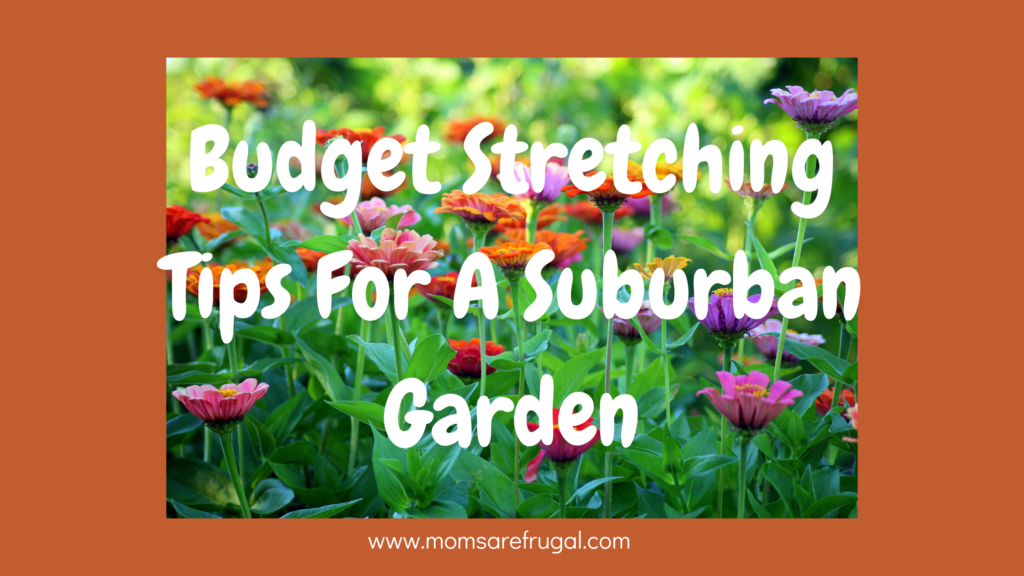
Get Free Mulch
Arborist have to get rid of the tree mulch and what better way but into your garden. There are many ways to get free mulch but this one is a good one. Find a local tree company and contact them to see if you can have a few truckloads of their mulch. They may ask you to pay a small donation to them, or they may deliver it to you for free.
Another way is through chip drop. I have this done every year and have been very pleased with my results. My garden has several wheelbarrow’s full of compost. They do ask for a donation but it is minimal. Another way is to contact the local utility company. Find out who does their tree work and call them. Ask if you can have mulch. Budget stretching allows for dollars to be spent in other area’s to grow your suburban homestead.
Make Your Own Compost
Making your own compost is one of my top budget stretching ideas for a suburban garden homestead. Two years ago I really dove into this area. We purchased six rabbits, not just for this reason but it was one of the main reasons. Since I added rabbit compost to my garden we have seen our plants and their yield double. In addition to rabbit compost I add in the mulch from an arborist, straw, and chicken manure. I have been adding chicken manure for several year’s and slowly our soil has been getting easier to deal with, but the rabbit manure has doubled the nutrients in our soil.
Equally important to rabbit compost in a garden is worms. This year I have been working to add and increase my red wiggler worm population. There are several books that help with worm composting, but the one I am reading right now is “Worms Eat My Garbage”. Worm castings are another great additive for gardening.

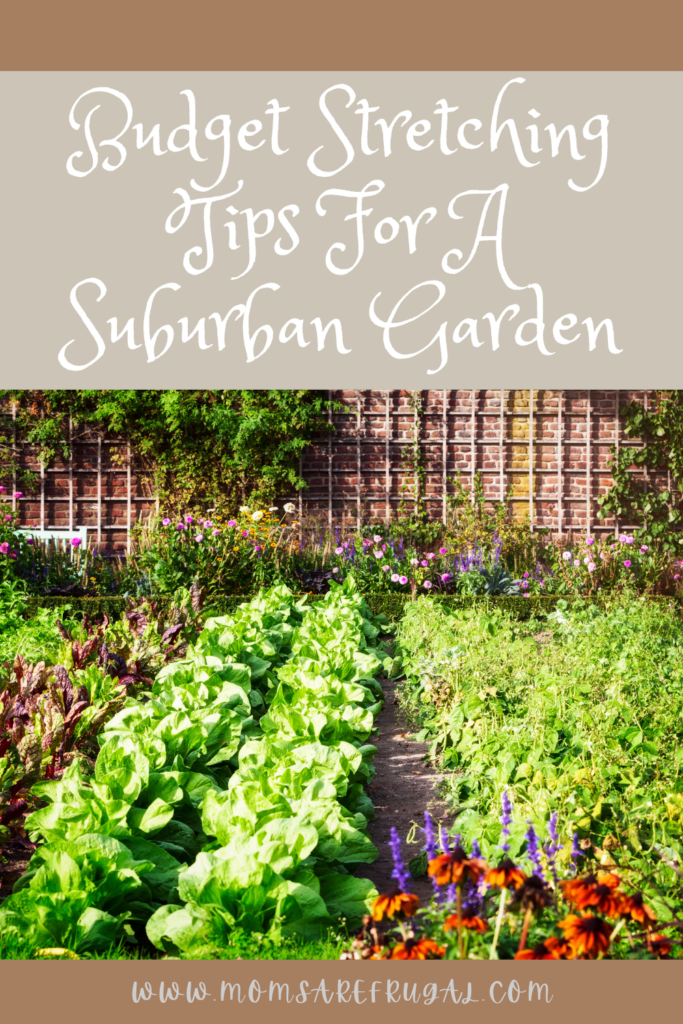
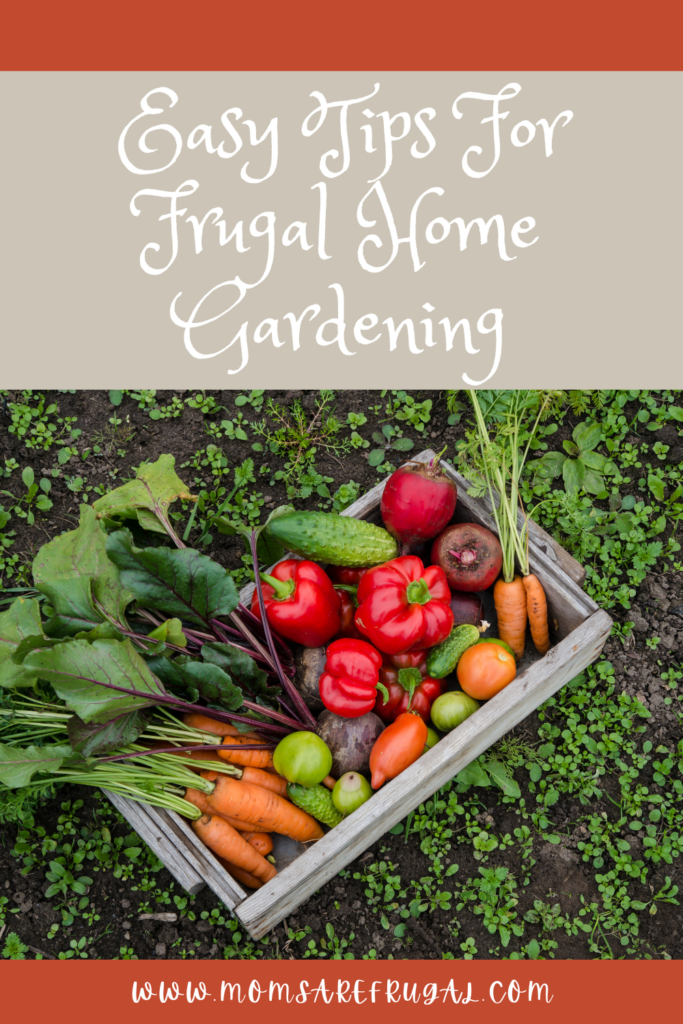
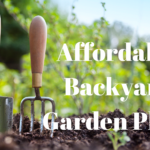

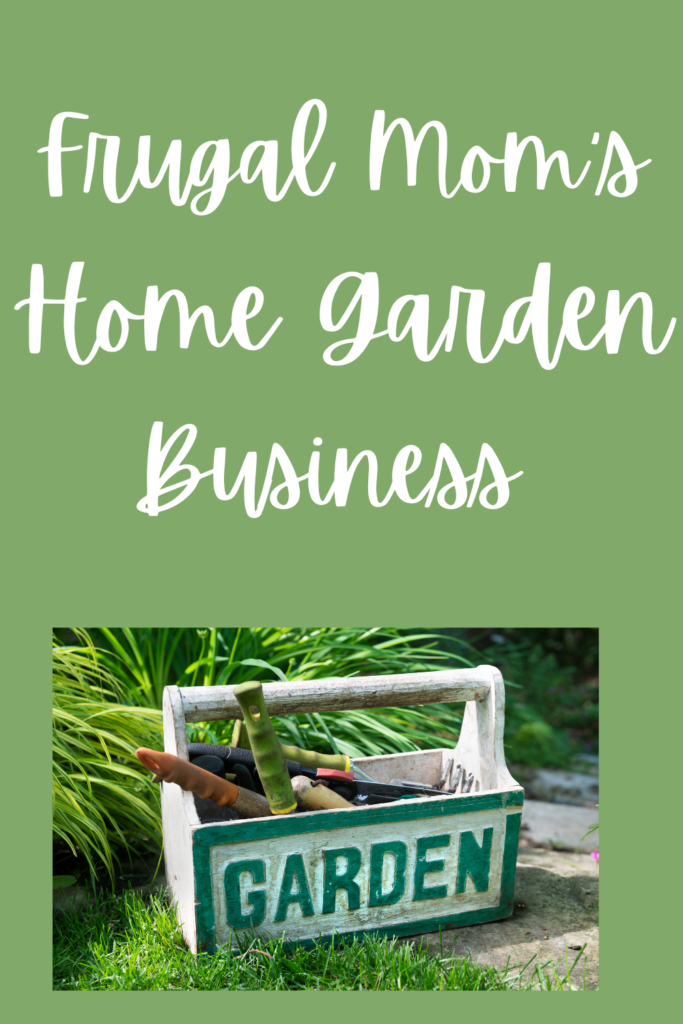


Leave a Reply